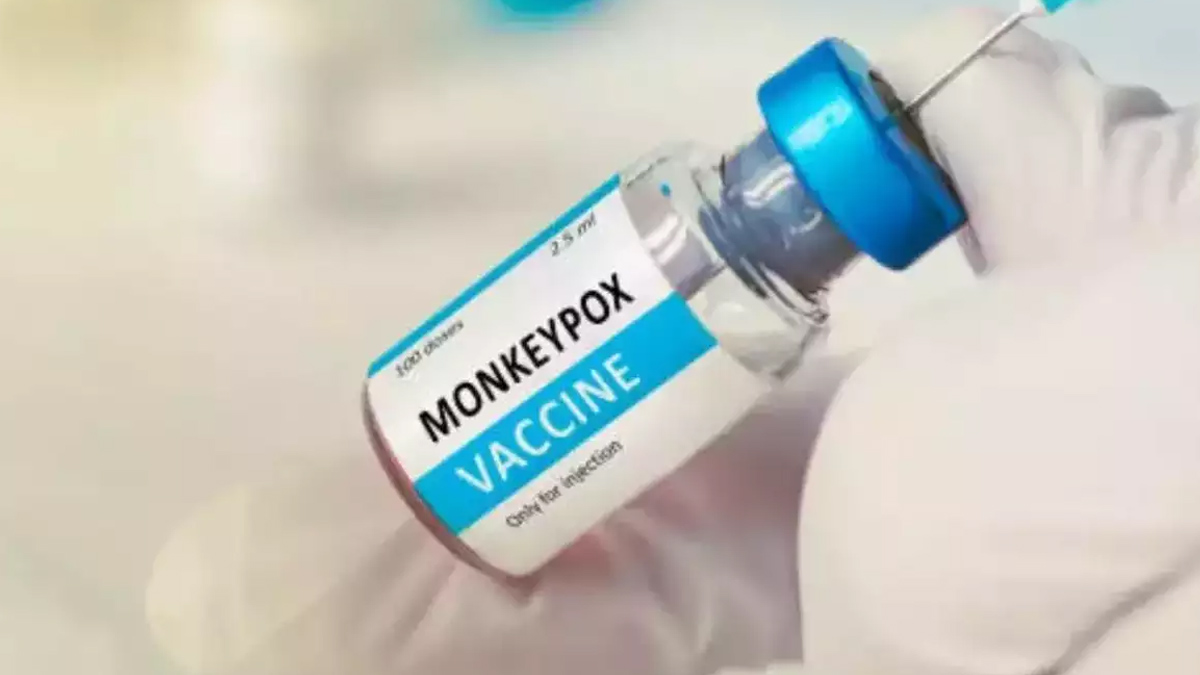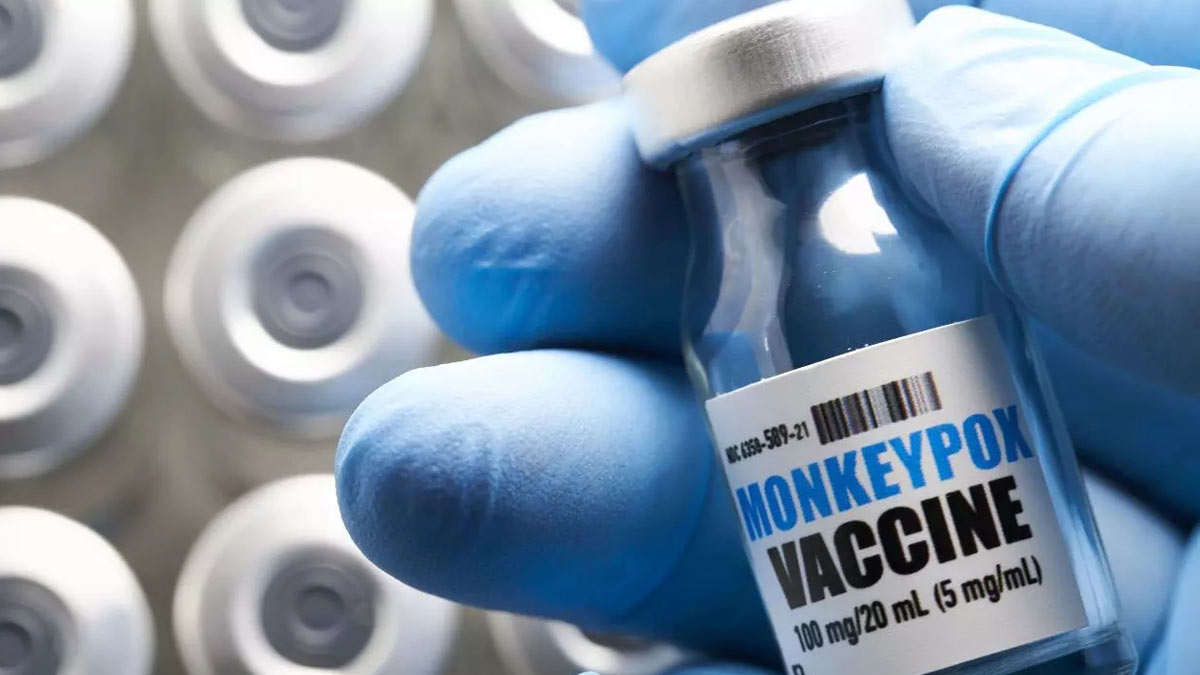The Democratic Republic of Congo (DRC) has initiated its first vaccination campaign against mpox, a virus that has caused increasing concern due to a significant outbreak, particularly in the eastern part of the country. The campaign comes as health authorities grapple with limited resources while striving to curb the spread of the virus that has claimed hundreds of lives and affected tens of thousands of individuals.
Launch of Vaccination Campaign in Goma
The vaccination campaign began in Goma, a city in eastern DRC that has been hit hardest by the mpox outbreak. The initial phase of the vaccination effort kicked off on Saturday, targeting hospital staff, who are at higher risk of exposure to the virus due to their close contact with infected individuals. As part of the wider vaccination campaign, which is set to officially commence on Monday, other priority groups, including health workers and individuals with underlying health conditions, will receive the vaccine.

While the vaccination drive in Goma is a crucial step in combating the virus, the Ministry of Public Health has acknowledged that the campaign is significantly limited in scope due to resource constraints. According to Health Minister Samuel-Roger Kamba, only 265,000 vaccine doses are currently available for distribution, which is far from sufficient for a country with a population of approximately 100 million people.
“As you can imagine, in a country of 100 million people, we’re not going to solve the problem with 265,000 doses,” Kamba emphasized during a press conference on Friday. He added that despite the limited resources, the goal is to prioritize individuals who are most at risk of contracting the virus, including those with pre-existing health conditions and frontline health workers.
Also Read: Lucknow Sees Spike In Dengue And Malaria: 61 Dengue, 4 Malaria Cases Reported In A Day
International Support and Vaccine Supply
Efforts to increase vaccine availability are underway, with additional doses expected to arrive from various international donors, including France, Japan, and the United States. Last month, U.S. President Joe Biden announced that the United States plans to donate one million doses of the mpox vaccine to African countries in an effort to bolster the continent’s response to the outbreak.
The World Health Organization (WHO) has also lent its support to the DRC’s vaccination campaign. In a recent statement, WHO Africa Director Matshidiso Moeti underscored the significance of the vaccine rollout, calling it “an important step in limiting the spread of the virus and ensuring the safety of families and communities.” WHO’s involvement has been crucial in addressing the outbreak, both in terms of vaccine delivery and providing the necessary technical assistance to enhance the country’s capacity to respond.
Mpox Cases Surge in the DRC
The DRC has been grappling with the spread of mpox since last year, and the situation has become increasingly dire. According to the WHO, more than 30,000 suspected and confirmed cases of mpox have been reported in the DRC in 2024 alone, with the virus responsible for approximately 900 deaths. The virus is primarily transmitted through close contact with infected individuals or animals and presents with symptoms such as flu-like signs and pus-filled lesions on the skin.
In August 2024, the WHO declared mpox a public health emergency, following the emergence of a more contagious variant known as clade Ib. This new strain has heightened concerns as it has spread to 16 African countries so far this year, according to data from the Africa Centre for Disease Control and Prevention.
Also Read: Ludhiana Sees Early Surge in Swine Flu Cases with 26 Infections Logged, Doctors Sound Alarm
Testing and Diagnostic Advances
Alongside the vaccine rollout, advancements in mpox diagnostics have been made to enhance early detection and containment. On Friday, the WHO announced the approval of a polymerase chain reaction (PCR) test designed to detect mpox through swabs of skin lesions. This new testing method is expected to play a key role in identifying cases more rapidly and accurately, helping to prevent further transmission.
While the DRC is set to receive around 4,500 mpox testing kits as part of the WHO’s efforts to support the country’s outbreak response, Kamba noted that the arrival date for these tests remains uncertain.
Bottomline
The DRC’s first mpox vaccination campaign is a pivotal development in the country’s efforts to manage the ongoing outbreak, especially in regions like Goma, which have been heavily affected. However, the challenges posed by limited vaccine supplies and the rapid spread of a new mpox variant underscore the need for continued international support and resource mobilization. With additional vaccine doses and diagnostic tools on the way, there is hope that the DRC can gradually bring the outbreak under control and protect its most vulnerable populations.

